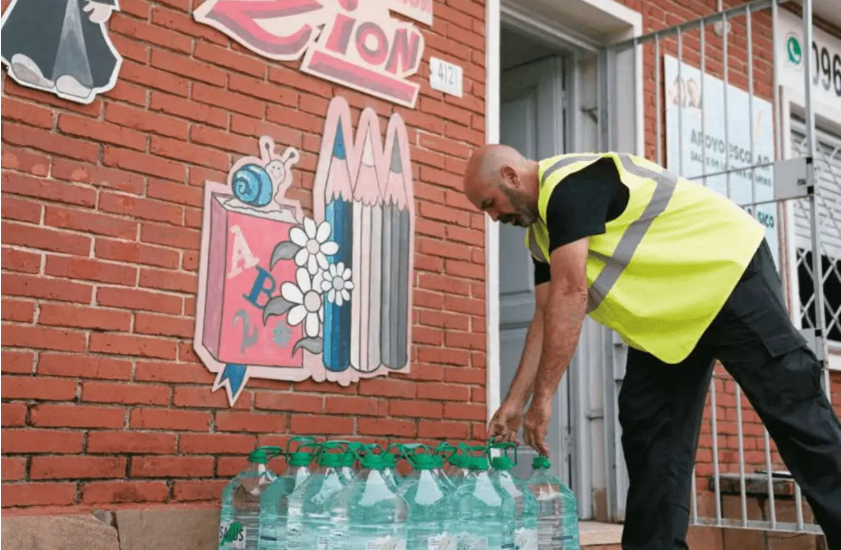The city’s focus on building cross-cutting data capacity made a critical difference when the crisis hit.

Uruguay was three years into a drought last spring when people in Montevideo started to notice a strange taste in their drinking water. That’s because the Paso Severino reservoir, which is the city’s primary source of fresh water, was nearly empty, and the state-owned water utility began diverting brackish water from the Río de la Plata to replenish the supply. While the resulting sodium levels were deemed safe for most people—pregnant women and those with health conditions were warned against drinking from the tap—it was believed that the capital city was down to only a few days’ supply of fresh water.
So the city snapped into action—making water available to those who needed it and helping bring the crisis under control—with a response powered by the data committee that Mayor Carolina Cosse formed as part of her work with Bloomberg Philanthropies’ City Data Alliance. Indeed, data was the thread tying together the city’s many efforts, which included everything from sharing real-time water-quality updates with residents and identifying safe well-water reserves to microtargeting water-bottle delivery to people with medical conditions.
Montevideo’s data-driven response was so formidable and multifaceted that it may have helped encourage the national government to act, demonstrating how local data capacity can make a critical—and, in this case, life-or-death—difference.